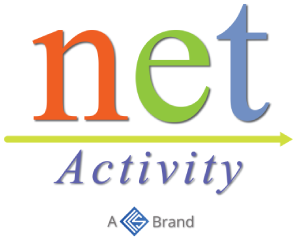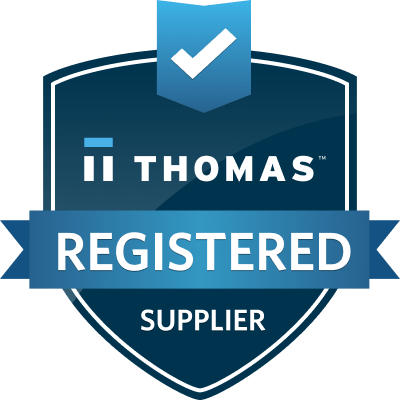Protect your Browser, Protect your Business
In small- and medium-sized businesses (SMBs), some 50 to 150 workers access the net daily through the company network via browsers. That’s why any SMB must secure its browsers to keep its data safe from data theft and other forms of cyberattacks. To do so, follow these simple steps:
Prevent browser tracking
If you don’t like the idea of a third party (reputable or otherwise) being able to track your browsing habits, enable private browsing using built-in tools in your internet browser such as Chrome’s incognito mode. This offers protection against tracking by blocking third-party cookies as well as malware. Some browser extensions also boast secure Wi-Fi and bandwidth optimization and can guard against tracking and data collection from social networking sites such as Twitter and Facebook.
Block adverts
While online ads may seem harmless, the truth is they can contain scripts and widgets that send your data to a third party. A decent ad blocking program will stop banner, rollover, and pop-up ads, and prevent you from inadvertently visiting a site that may contain malware.
Many blockers contain additional features such as the ability to disable cookies and scripts used by third parties on sites, the option to block specific items, and options to “clean up” Facebook, and hide YouTube comments.
Consider setting up a virtual private network (VPN)
Unfortunately, browser tracking and adware are not the only internet nasties that you need to be concerned about. Hackers can intercept sensitive data between two parties, allowing them to steal and corrupt valuable information such as bank details, login credentials, and other personal information. Installing a VPN can help solve this problem. VPNs encrypt your internet traffic, effectively shutting out anyone who may be trying to see what you’re doing.
Install antivirus and anti-malware software
Finally, it goes without saying that having antivirus and anti-malware software installed on your PC, tablet, and smartphone is crucial if you want to ensure your online safety. These software programs are your first defense against malicious parties intent on stealing your data.
Get Security Browser Extensions
Browser extensions (also called add-ons) are small software programs you install on top of your browser to enhance its functionality.
There are literally thousands of browser extensions available to provide a wide variety of added functions to your browsing experience. There are extensions available for customization, productivity, shopping, privacy, security, etc.
Security and privacy extensions are highly recommended and encouraged by security professionals for securing browsers.
Secure your web browser with browser updates
Run updates regularly. Not only for the browser software but also for the extensions you have installed.
On desktops, you can set up automatic updates for the major browsers like chrome and firefox.
Although, this sometimes does not always work due to special installation method of the browser. So you still have to manually check for and perform updates.
In addition, mobile users should not ignore browser updates. As soon as an update is available for your favorite browser in your app store, make sure to upgrade immediately don’t procrastinate.
Is browsing at your workplace secure? Would you like a more comprehensive security system for your business? We can tell you all about it and help protect your business from online threats. Get in touch with Net Activity today.





